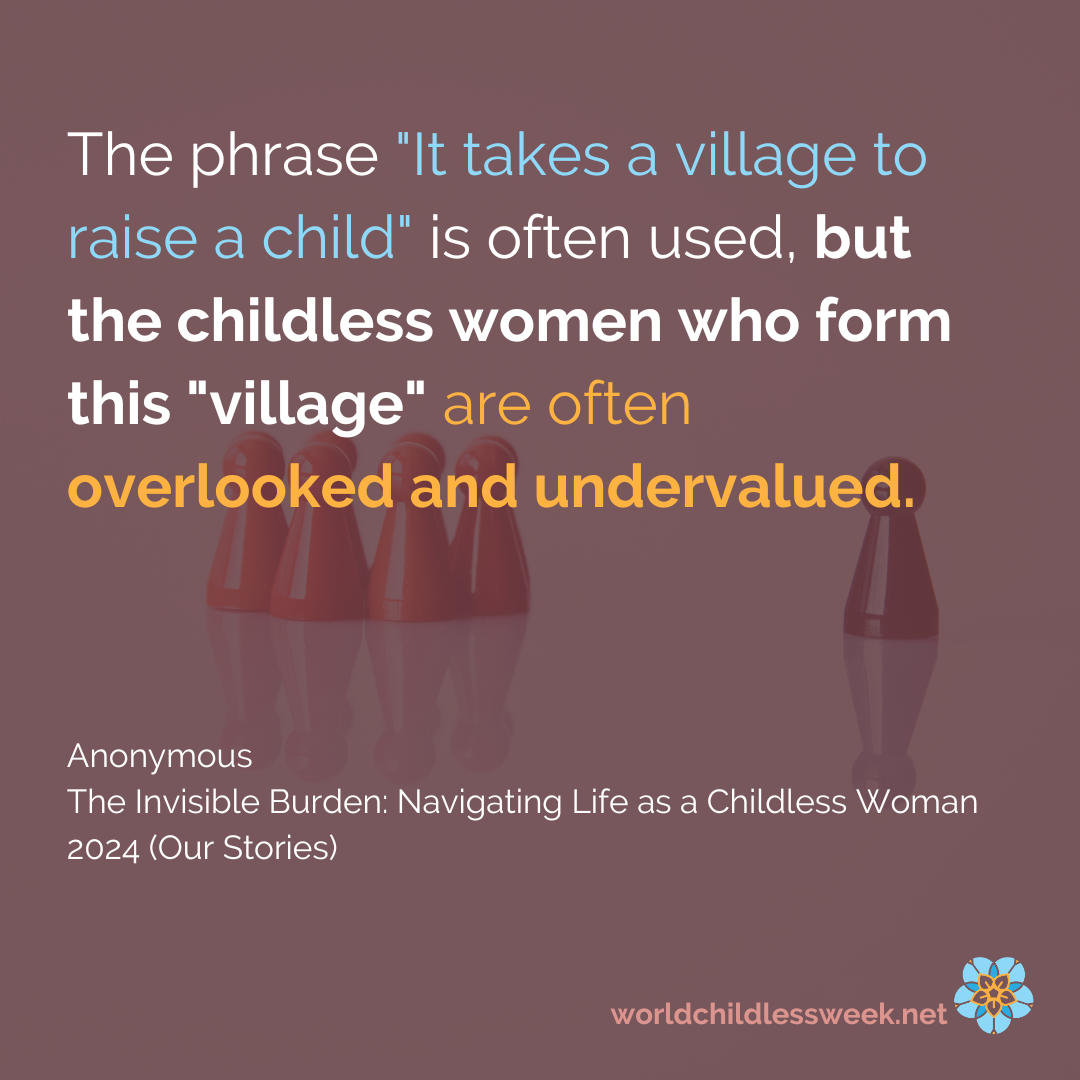Anonymous
Introduction
This essay explores the multifaceted challenges faced by childless women, particularly those who have experienced the profound loss of a child. It challenges societal assumptions and stereotypes surrounding childlessness, highlighting the often-overlooked emotional, financial, and social burdens experienced by this demographic.
My daughter died on 3rd August 1999 aged 1 day old, I was 21 years old, and I ended up splitting up with my partner and moving back home a year later. I got a job with people I didn't previously know and as no one knew what had happened I decided not to say anything and just got on with my life. I worked really hard and bought my first property a few years later but I never had another relationship where I was in a position to have another child. This was not a situation I ever thought I would be in as I always thought I would get married and have children.
The Emotional Toll
Childlessness, whether by choice or circumstance, can have a profound emotional impact. For women who have lost a child, the grief and trauma can be overwhelming. Additionally, societal expectations and judgments can exacerbate emotional strain. The snotty comments I have received in the past from other women with, the standard statement being "You’re not a parent are you" or "It must be so easy being you, all that peace and quiet in your life". The assumption being that my life must be easy when in reality I have no support at home, and this is a continuous ongoing issue. The temporary stresses of parenthood really can't compare to the unending depression and loneliness of living your life entirely alone and having to deal with everything by yourself with zero help or support.
The judgemental comments can be hurtful and dismissive, minimizing the unique challenges and sacrifices faced by childless women.
Financial Realities
An example, of one of the things you have to deal with when you are childfree/childless is about having money. This is one of the myths that you have to deal with every day that you must be extremely rich and are able to invest loads of money. I have found the opposite to be true, I have to permanently pay for everything while at the same time being mindful of saving any spare money for my old age / retirement as there will be no children to help when I am older so I will have to pay for any care myself.
Although I understand that I was able to buy my own property this was at the expense of doing other things in my life, I saved continuously and went without new clothes buying a car etc and put all my money into buying a small flat. Then as soon as you do this people who have children just assume you are rich because you have focused and worked hard to get on the property ladder. But childless women have to do this as there is no safety net available to us and no support.
I also very much think there should be more acknowledgement of the huge sums of money that is paid out for fertility treatment and yet it is still assumed that childless women are rich and have very easy lives due to not being parents.
Choice to be childless
There is also a very wrong assumption that being childless is your own choice, but the reality is that many childless women are dealing with the unending grief of losing a child while simultaneously having to work harder to make life easier for parents, so they are free to look after their children.
Parents having to run off at a moment’s notice, dropping everything on you but they are "so grateful for your support", there isn't much choice, it's just expected that you have time to do the extra work, and the parents needs will always be more important than childless people’s needs. It's not about minding about having to help but all this extra support is all one sided. I lost my only child at a young age, but I have spent the next 25 years supporting parents than still having to go through life alone and potentially go into my old age alone. The children whose parents I have helped will never turn around and help me if I need it or even notice that I ever helped in the first place.
The Invisible Village
The phrase "It takes a village to raise a child" is often used, but the childless women who form this "village" are often overlooked and undervalued. They frequently provide support to parents, sacrificing their own time and energy without receiving adequate recognition or appreciation. While at the same time ignoring the fertility issues, grief, and resentment that childless women can often feel.
It needs to be remembered that the hard-won rights for working parents have come at the expense of childless women who have been left doing extra work while grieving for dead and unborn children.

